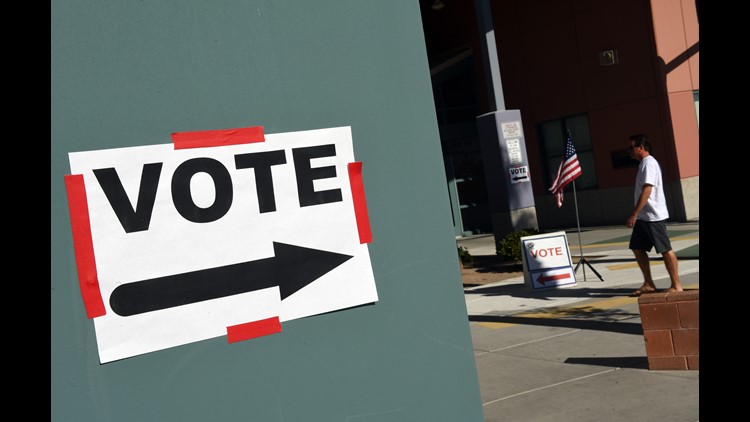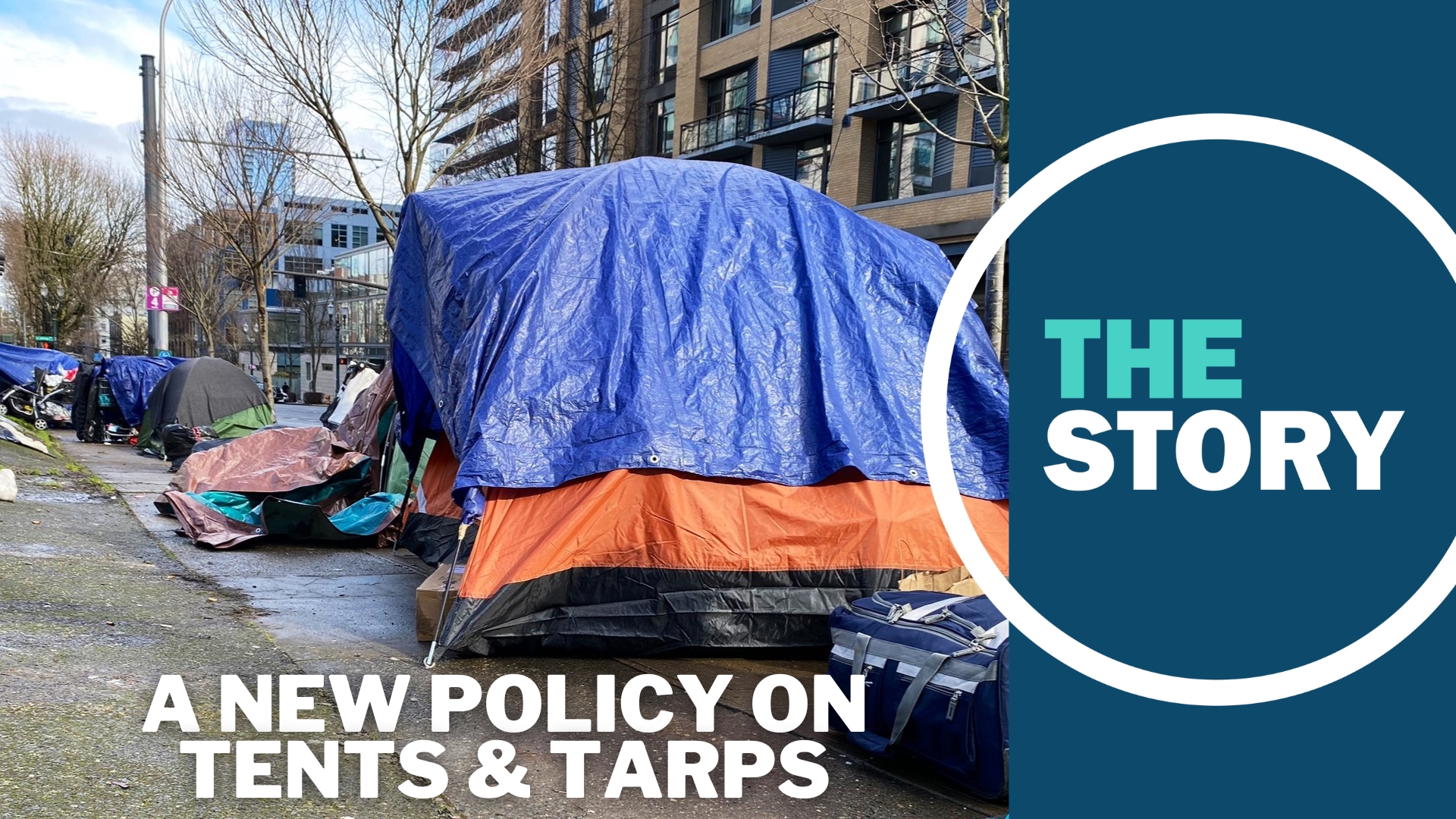PORTLAND, Ore. – As President Donald Trump continues to question whether widespread voter fraud impacted the presidential election results in November 2016, five states studied voter registration records to find potential instances of fraud.
Oregon and Washington participated in the study. While both states found a few dozen possible instances of voter fraud, the numbers were negligible and did not sway results in any significant way.
Both Oregon and Washington’s cases of voter fraud accounted of 0.002 percent of the ballots cast during the presidential election in each state.
Oregon found 54 cases of potential voter fraud from the 2016 general election, according to Secretary of State Dennis Richardson. Forty-six were cross-state votes, six were voters who appear to have used a dead person’s identity, and two voters may have cast two ballots each.
Washington state found 74 cases of potential voter fraud, Washington Secretary of State Kim Wyman said.
The majority of those potential cases were cross-state voting. Fifty-nine people possibly voted in Washington and another state. One person in Cowlitz County may have voted using a dead person’s identity. Fourteen more people potentially violated voting laws in-state.
Washington and Oregon are investigating the potential cases of voter fraud. Prosecutors may bring charges against the individuals who violated voting laws.
“Voters in Oregon can be confident that voter fraud is extremely rare in our state, and when we do find it, we will prosecute,” Richardson said.
Colorado, Maryland and Delaware also participated in the study. Colorado found 48 cases of potential voter fraud.
President Trump continues to investigate alleged voter fraud in the 2016 presidential election. He has said 3 to 5 million people may have voted fraudulently, which could have changed the outcome of the election – not in Trump’s win, as he won the electoral college outright, but in Clinton’s popular vote tally, which she took by about 2.9 million votes.
The president has convened a panel to study whether widespread voter fraud took place.
The commission is seeking detailed voter data from 50 states and the District of Columbia. Richardson denied the commission’s request but said it could request publicly available details on all voters for a $500 fee, which is available to anyone.



